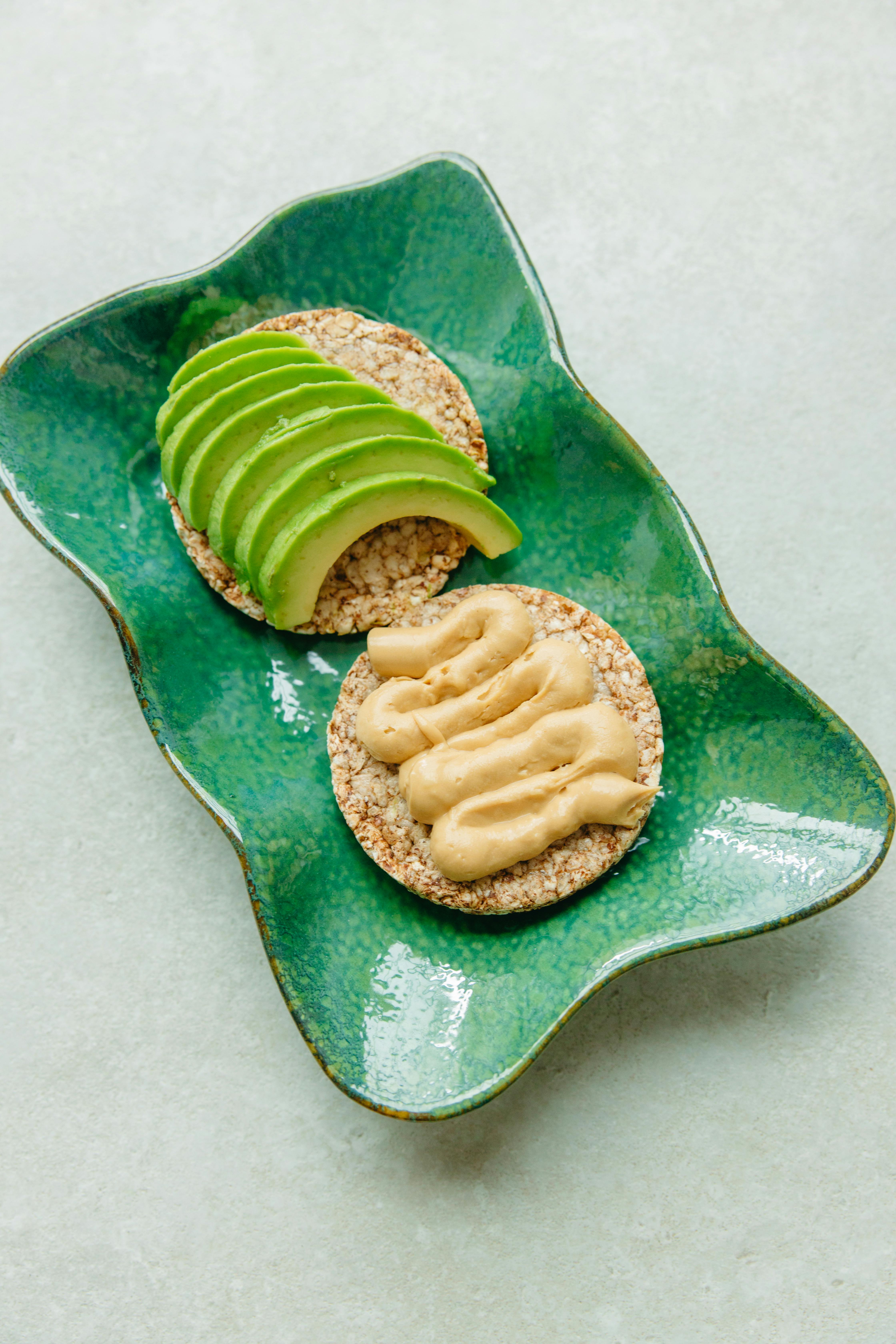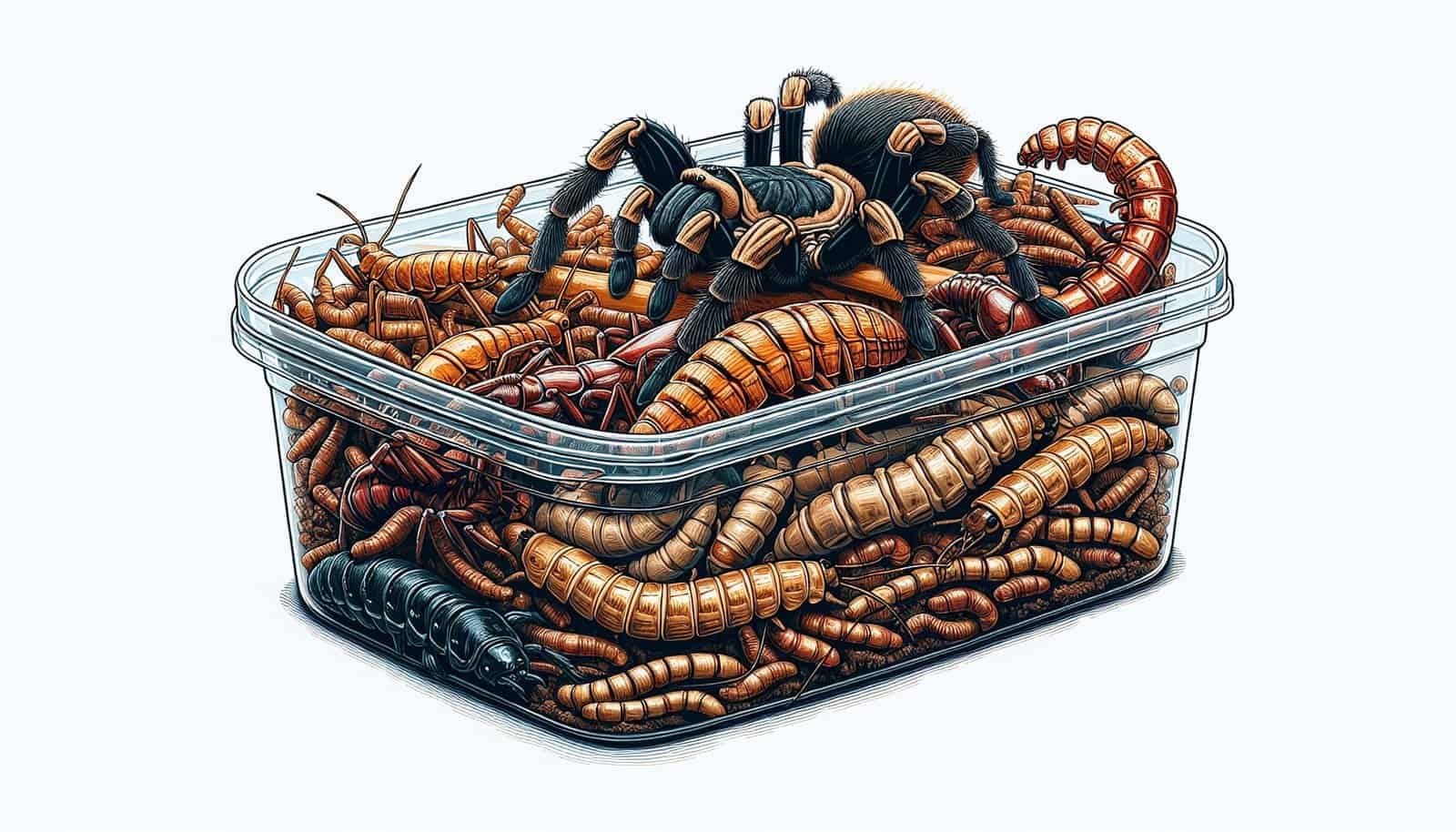If you’re a tarantula enthusiast who’s venturing into the world of breeding, you may be wondering if there are any specific dietary supplements that can support the health and reproductive success of your beloved eight-legged friends. Breeding tarantulas requires extra care and attention, and providing the right nutrition is crucial. In this article, we will explore whether there are specific dietary supplements that are recommended for breeding tarantulas, ensuring that you have all the information you need to create a thriving breeding environment for your arachnid companions.
Types of Tarantulas
Terrestrial Tarantulas
Terrestrial tarantulas are ground-dwelling spiders that typically make their homes in burrows or hide in crevices. They are known for their strong legs and robust build, which allows them to navigate their terrestrial habitats with ease. When it comes to their feeding habits, terrestrial tarantulas rely on their hunting skills to capture prey that ventures near their burrows. They are adept at catching insects, small rodents, and even other spiders.
Arboreal Tarantulas
Arboreal tarantulas, as the name suggests, live and thrive in trees and other elevated areas. Their long, slender legs and agile bodies enable them to climb and maneuver among branches and foliage. Unlike their terrestrial counterparts, arboreal tarantulas have adapted to a different hunting strategy. They often lie in wait on tree branches, using their exceptional vision to spot prey such as insects, birds, and even small reptiles. Once prey is detected, they swiftly pounce on it.
Burrowing Tarantulas
Burrowing tarantulas are aptly named for their tendency to create burrows in the ground, where they spend the majority of their time. Their burrows provide them with protection and a suitable environment for their unique feeding style. Burrowing tarantulas ambush their prey by lying in wait near the mouth of their burrow. When an unsuspecting insect or small animal ventures too close, the tarantula will quickly grab it with its powerful front legs and deliver a paralyzing bite.
Cave or Rock-dwelling Tarantulas
Cave or rock-dwelling tarantulas are found in rocky environments such as caves, crevices, or rocky outcrops. They have adapted to their rocky surroundings with specialized legs that allow them to cling onto surfaces with ease. Their hunting strategy usually involves lurking near the entrance of their rocky habitat, waiting for prey to come within reach. These tarantulas primarily feed on insects, small mammals, and reptiles that venture near their dwelling.
Nutritional Needs of Tarantulas
High Protein Requirements
Tarantulas are carnivorous creatures and have high protein requirements for their growth, development, and overall health. Protein-rich prey items such as crickets, cockroaches, and mealworms are essential for meeting their nutritional needs. The proteins obtained from these prey items serve as building blocks for vital bodily functions, including the growth and repair of muscles, exoskeleton, and internal organs.
Limited Carbohydrates and Fats
While tarantulas require protein as a primary source of nutrition, their diet should be limited in carbohydrates and fats. Unlike humans, tarantulas do not have a physiological need for carbohydrates for energy production. Excessive carbohydrates and fats in their diet can lead to obesity and other health issues. Therefore, it is crucial to provide them with a balanced diet that focuses primarily on protein-rich prey.
Vitamins and Minerals
In addition to proteins, tarantulas also require vitamins and minerals to maintain optimal health. These micronutrients play a crucial role in various physiological processes and ensure the tarantulas’ overall well-being. Calcium, for example, is essential for the development and maintenance of strong exoskeletons, while vitamin D3 aids in the absorption of calcium. Other important vitamins and minerals include vitamin A, vitamin E, and phosphorus.

Commercial Tarantula Diets
Pellet Diets
Pellet diets specifically formulated for tarantulas can be found in the market. These pellets are made from a mixture of high-quality proteins, vitamins, and minerals to provide a balanced diet for tarantulas. They are a convenient option for tarantula owners as they are readily available and eliminate the need for live prey. However, it is important to ensure that these pellets are specifically designed for tarantulas and meet their nutritional requirements.
Insect Diets
Feeding tarantulas a diet consisting solely of live insects is another option. This approach closely resembles their natural feeding habits and provides them with the opportunity to exhibit their hunting instincts. Common prey items include crickets, mealworms, and cockroaches. It is important to ensure that the insects fed to tarantulas are healthy, free from pesticides, and appropriately sized for the tarantula’s consumption. Feeder insects can be gut-loaded with nutritious foods to enhance their nutritional value.
Mixed Diets
Combining both commercial pellets and live insects can provide a balanced and varied diet for tarantulas. This approach ensures that the tarantula receives a wide range of nutrients from different sources. It can also be beneficial in cases where certain prey items are not easily available or when a tarantula’s preferences for live prey change. By incorporating both pellets and live insects, tarantula owners can provide their pets with a nutritionally diverse diet.
Homemade Diets
Some tarantula owners prefer to prepare homemade diets for their pets. These diets often consist of a mixture of various sources of protein, such as ground insects, fish, and lean meats. Homemade diets can offer customization options for individual tarantulas with specific dietary needs. However, it is crucial to ensure that the homemade diet is balanced and provides all the necessary nutrients. Consulting with an expert or a veterinarian experienced in tarantula nutrition is recommended when formulating a homemade diet.
Supplements for Tarantulas
Calcium Supplements
Calcium is an essential mineral for tarantulas, especially during molting and egg production. Tarantulas require sufficient calcium to develop strong exoskeletons and to support the growth and maturation of eggs. Calcium supplements can be sprinkled on prey items or mixed with tarantula diets to ensure adequate intake. It is important to choose calcium supplements specifically formulated for tarantulas and to follow the recommended dosage guidelines.
Vitamin Supplements
Vitamins play a vital role in tarantula health and well-being. They are involved in numerous physiological processes, including immune function, metabolism, and growth. Vitamin supplements designed for tarantulas can help ensure that they receive a complete and balanced vitamin profile. These supplements typically contain a variety of essential vitamins, including vitamin A, vitamin E, vitamin D3, and vitamin B complex. As with any supplement, following the recommended dosage is crucial.
Protein Supplements
In some cases, tarantulas may require additional protein supplementation, especially during breeding or periods of rapid growth. Protein supplements can be provided in the form of powdered insect sources or commercial supplements designed specifically for tarantulas. These supplements assist in meeting the increased protein demands of breeding females and growing spiderlings. It is important to consult with an expert or veterinarian to determine the appropriate dosage and duration of protein supplementation.
Probiotics
Probiotics are beneficial bacteria that support a healthy digestive system in tarantulas. They aid in the breakdown and absorption of nutrients and help maintain proper gut flora balance. Probiotic supplements designed for tarantulas can be added to their diets periodically to promote digestive health. These supplements typically contain a combination of bacterial strains that are beneficial for tarantulas. Following the recommended dosage and frequency of probiotic supplementation is essential.

Feeding Tarantulas During Breeding
Increasing Protein Intake
During the breeding season, female tarantulas have increased energy requirements to support egg production and the development of their offspring. Increasing the protein intake of breeding females is crucial to meet these heightened nutritional demands. Feeder insects such as crickets and mealworms can be dusted with high-quality protein supplements to provide the necessary protein boost. It is important to monitor the female’s feeding response and adjust the protein supplementation accordingly.
Enhancing Calcium Levels
Calcium is especially important during the breeding season as it supports the development of strong eggshells and prevents calcium deficiency-related issues in both the female and the offspring. Calcium supplements designed for tarantulas can be added to the female’s diet to ensure sufficient calcium intake. Additionally, gut-loading feeder insects with calcium-rich foods can also help enhance calcium levels. Regular monitoring of the female’s calcium status and adjusting the supplementation as needed is essential for successful breeding.
Monitoring Female’s Condition
While providing adequate nutrition to breeding tarantulas is crucial, it is equally important to closely monitor the female’s condition throughout the process. Regular observation allows for early detection of any changes in appetite, behavior, or physical appearance that may indicate potential health issues. Adjustments to the diet or supplementation can be made promptly to address these concerns. Consulting with an expert or veterinarian experienced in tarantula breeding can provide valuable guidance during this critical period.
Breeding Season Considerations
Hormonal Changes
Breeding season triggers hormonal changes in both male and female tarantulas. These changes affect their behavior, appetite, and reproductive capabilities. It is important to be aware of these hormonal fluctuations to ensure the optimal health and breeding success of the tarantulas. During this time, providing a well-balanced diet that meets the increased nutritional demands is crucial for the well-being of both the male and female tarantulas.
Egg Production
Female tarantulas undergo a significant physiological process during breeding season – egg production. Eggs require considerable energy and nutrients for development, and the female’s diet plays a crucial role in supporting this process. A diet rich in proteins, vitamins, minerals, and calcium is essential for successful egg development. Adequate nutrition ensures the production of viable eggs and helps prevent complications such as calcium deficiency or inadequate eggshell development.
Brood Care
After successfully breeding, female tarantulas dedicate themselves to brood care, which involves protecting and nourishing their eggs until they hatch. During this time, the female’s nutritional needs change as she provides for herself and her developing offspring. A balanced diet that focuses on protein, vitamins, minerals, and calcium is crucial for the female to maintain her health and ensure the proper development of her spiderlings. Providing suitable prey items and appropriate supplementation can support this delicate phase of the breeding process.

Supplements for Breeding Tarantulas
Egg Development Supplements
To support optimal egg development in breeding tarantulas, specific supplements designed to enhance egg quality and viability can be utilized. These supplements often contain additional nutrients and compounds that aid in the healthy development of the spiderlings. It is important to follow the recommended dosage and timing guidelines provided with these supplements to ensure their effectiveness and prevent any potential negative impacts.
Molting Supplements
Molting is an essential process for tarantulas’ growth and development, including during the breeding season. Molting supplements aimed at supporting successful molting can provide additional nutrients and compounds to facilitate this process. These supplements often contain ingredients that aid in the formation of a new exoskeleton and support the tarantula’s overall health during the molting period. Consulting with an expert or veterinarian can help determine if such supplements are necessary for breeding tarantulas.
Female Health Boosters
Breeding can place significant physical stress on female tarantulas. To support their overall health and well-being during this demanding period, female health boosters can be used. These supplements are formulated to provide essential nutrients, vitamins, and minerals necessary to support the female’s physiological changes and reproductive processes. Following the recommended dosage instructions provided with these supplements is important to avoid over-supplementation and maintain the female’s health.
Safety and Dosage Guidelines
Consulting with an Expert
When considering the use of dietary supplements for tarantulas, it is important to consult with an expert or veterinarian knowledgeable about tarantula nutrition. They can provide valuable guidance and recommendations based on the specific needs and requirements of your tarantulas. An expert can also assist in determining the appropriate dosage, frequency, and duration of supplementation to ensure the tarantula’s well-being.
Choosing Quality Supplements
Not all supplements available in the market are suitable for tarantulas. It is crucial to choose high-quality supplements specifically designed for tarantula nutrition. Look for products from reputable brands that prioritize the health and safety of tarantulas. Reading reviews and seeking recommendations from experienced tarantula owners and experts can aid in selecting reliable and effective supplements.
Appropriate Dosages
The correct dosage of supplements is essential to avoid under-supplementation or over-supplementation, both of which can have negative impacts on tarantula health. Always follow the dosage instructions provided by the supplement manufacturer or those recommended by an expert. Adjusting the dosage based on the tarantula’s age, size, and specific nutritional needs may be necessary, so monitoring their response and adjusting as needed is crucial.

Alternatives to Supplements
Improving Natural Prey
One alternative to supplements is to focus on improving the nutritional value of the tarantula’s natural prey. Feeder insects can be gut-loaded with nutritious foods before being offered to the tarantulas. This process involves feeding the insects nutrient-rich foods to enhance their nutritional content, which is then passed on to the tarantula upon consumption. By improving the quality of the natural prey, tarantulas can obtain a more balanced diet without the need for additional supplementation.
Providing Varied Diet
Offering a varied diet to tarantulas can help ensure they receive a wider range of nutrients naturally. Incorporating different types of prey, such as crickets, cockroaches, and mealworms, can provide a diverse nutritional profile. Additionally, rotating the feeder insects regularly to include other species can further enhance the tarantula’s nutrient intake. Providing a varied diet can be an effective way to meet the tarantula’s nutritional needs without relying solely on supplements.
Maintaining Optimal Enclosure Conditions
Creating and maintaining optimal enclosure conditions for tarantulas is essential for their overall health and nutrition. Providing a suitable substrate, maintaining appropriate temperature and humidity levels, and offering hiding places and climbing structures can help simulate their natural habitat. A stress-free and enriched environment can contribute to the tarantula’s overall well-being and ensure they can thrive on their natural prey, reducing the need for additional supplementation.
Conclusion
The nutritional needs of tarantulas, especially during breeding, are vital for their health, growth, and reproductive success. Understanding the different types of tarantulas and tailoring their diet to their specific habitat is essential. Providing a balanced and varied diet, supplemented with high-quality protein, vitamins, minerals, and calcium, ensures tarantulas receive the necessary nutrients. Supplements can be beneficial in meeting specific requirements or enhancing certain stages of the breeding process. However, supplements should be used with caution and in consultation with experts to ensure appropriate dosage and safety. By considering alternatives such as improving natural prey and maintaining optimal enclosure conditions, tarantula owners can promote the well-being of their beloved spider companions while supporting successful breeding.
